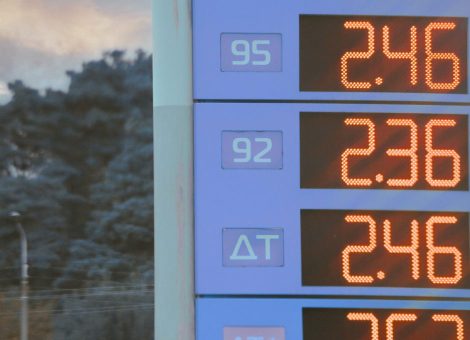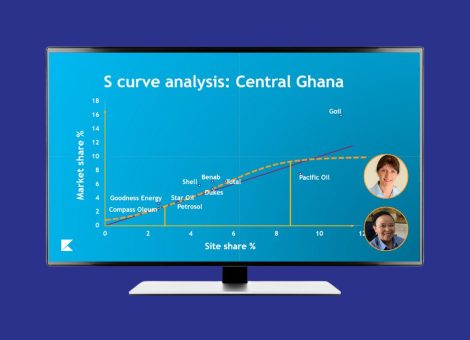Fact check: is machine learning uprooting manual fuel pricing?
How can this be achieved? Most retailers have now moved away from manual pricing and are looking towards data-driven processes. And today, there are reams and reams of data available to fuel retailers.
Unfortunately, the power of big data was somewhat missold in the previous decade; more business data doesn’t necessarily mean greater business growth. In fact, data is entirely useless unless you harness it to make informed decisions. You need intelligent artificial intelligence (AI) and machine learning (ML) capabilities to deliver actionable results that grow your bottom line.
But is ML simply another tech buzz? How much does it truly impact your pricing decisions?
Fact one: data alone isn’t enough
Data is money, right?
Data can also be a deep black hole if it’s poorly managed. Not to mention, as the intricacy of market data increases, the complexity of the algorithms needed to process it must also increase.
To arrive at an optimum fuel price and implement it quickly, you need intelligent pricing analytics capabilities that work across your entire network of fuel sites. These capabilities are offered through our Kalibrate Pricing platform.
So, how does this work?
Fact two: machine learning predicts demand
Whilst data isn’t a silver bullet, used together with AI and machine learning it can genuinely enhance your pricing outcomes.
As the technology becomes more accessible, more fuel retailers are incorporating machine learning into their data-driven pricing processes. And for a good reason: machine learning can help you accurately predict demand.
Machine learning takes data — your prices, costs, volumes, competitor information, constraints, price rules, volume and margin targets — and feeds it into an intelligent platform, like Kalibrate Pricing, that can weigh the data up and create appropriate recommended outputs.
It also uses key market information to respond to demand shifts, and to understand how demand has varied — just as your prices, competitors, and market have. These learnings are constantly refined and adjusted to evolving market conditions.
Machine learning can very accurately enhance your pricing because the outcome isn’t fixed; tools are constantly learning and improving your outcomes. These intricate predictive capabilities are almost impossible for the human brain.
However, many believe that AI-based decisions need to be explainable in order to be trusted. And trust is paramount for successful execution. This is where a level of human intelligence and transparency is still important.
Fact three: human intervention is still necessary
Ultimately, ML can have a very significant impact on the accuracy and results of your fuel pricing — but some level of visibility and understanding should remain part of your strategic approach. While it can entirely transform your pricing strategy from gut feel-driven to insight-driven, you still need a dose of common sense. For example, you may need to consider your market’s maturity and stability.
Ultimately, as with any level of automation and algorithmic thinking, there always needs to be a sense check. Human input is vital in determining the right data to interpret, and common sense is key to the decisions you make, based on the relationships produced by this interpretation.
So, while ML can entirely transform your pricing, the best practice is to work with an experienced fuel retail partner like Kalibrate that can help you enhance your decisions so that you’re always achieving the best outcomes for your business.
Read more articles about:
Fuel pricingSubscribe and get the latest updates
You may unsubscribe from our mailing list at any time. To understand how and why we process your data, please see our Privacy & Cookies Policy
Related posts
Fuel pricing
Fuel pricing by exception: When do analysts actually analyze?
Managing fuel prices can be time-consuming, especially when analysts spend much of their day on routine tasks....

Fuel pricing
Middle East / Africa - Fuel network planning: Critical insights
Join our team as we look at the key points of insight that fuel network planners need to consider when making...


